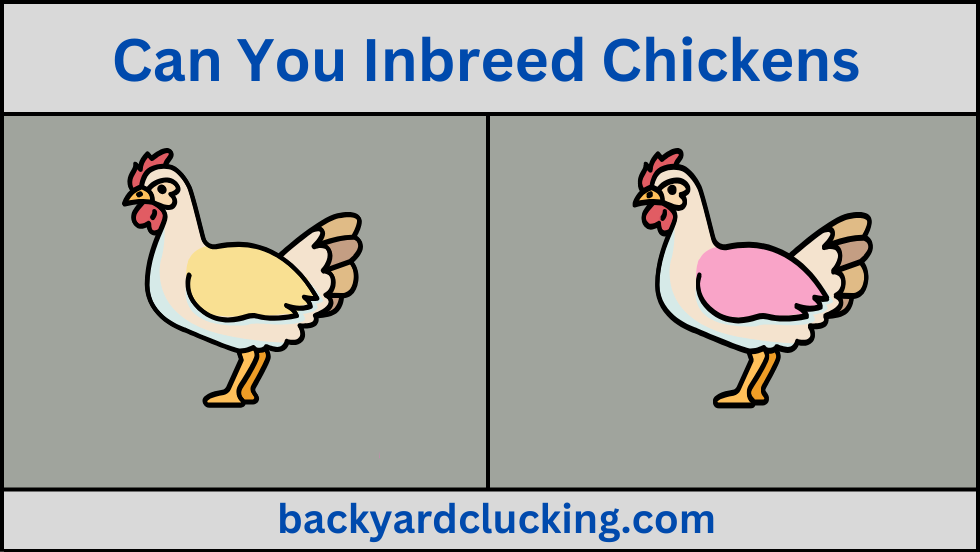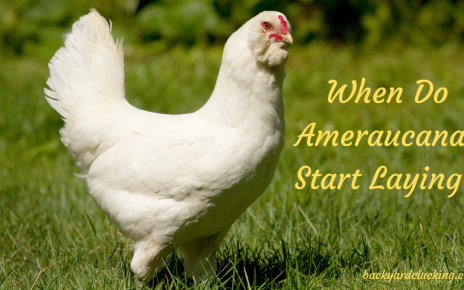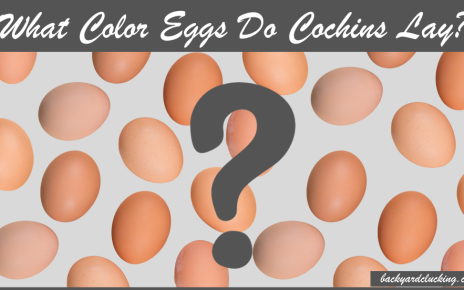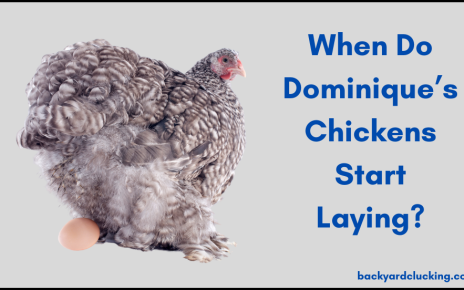As an agricultural expert, I aim to provide a thorough and authoritative analysis of the possibility and effects of inbreeding chickens. In this guide, you will learn why someone might be interested in inbreeding chickens, the potential downsides, precautions to take, and essential information to consider before proceeding with this practice.
Understanding Inbreeding
Inbreeding refers to mating two closely related individuals within the same species, which can result in offspring with a higher likelihood of receiving two identical copies of the same gene (homozygosity).
This often occurs in small, isolated populations or when breeders wish to maintain or amplify specific desirable traits in their livestock.
Why Inbreed Chickens?
There are several reasons why someone might consider inbreeding chickens:
- Maintaining specific traits: Inbreeding often occurs in breeding programs aiming to preserve desirable physical characteristics or certain genetic qualities in their chickens.
- Linebreeding: Linebreeding is a form of inbreeding where breeders pair offspring back to a parent or relatives to stabilize specific attributes.
- Increasing productivity: Some breeders might inbreed chickens to boost certain qualities that contribute to higher productivity, such as growth rates, egg production, or overall hardiness.
Potential Downsides of Inbreeding Chickens
Inbreeding carries various risks that can adversely impact the health and quality of your chickens:
- Inbreeding depression: This is the reduction in fitness and overall performance resulting from inbreeding. It can lead to slower growth, reduced egg production, and increased disease vulnerability.
- Genetic defects: Inbreeding increases the chances of homozygosity, which raises the likelihood of offspring inheriting recessive genetic disorders that can lead to severe health issues, deformities, or even premature death.
- Loss of genetic diversity: A decrease in genetic variation within the population can diminish a flock’s ability to adapt to changing environmental conditions or new diseases.
Precautions and Tips to Prevent Negative Effects
If you decide to inbreed your chickens, consider the following precautions to mitigate potential harmful consequences:
- Use a controlled breeding program: It allows you to track and manage genetic relationships and monitor the level of inbreeding within your flock. Implement rotations to avoid excessive inbreeding.
- Cull undesirable traits: Identify and remove individuals displaying negative traits from the breeding population to prevent mating of birds with potential genetic defects.
- Introduce new genetic lines: Periodically introduce new genetic material into your flock by importing birds from other sources. This can help maintain genetic diversity and counteract the adverse effects associated with inbreeding.
- Maintain accurate records: Keep detailed breeding records to make informed decisions and prevent unintended inbreeding.
- Monitor flock health: Regularly assess the health and performance of your flock and make necessary adjustments to your breeding program as needed.
Frequently Asked Question
Can you breed father and daughter chickens?
Line breeding, which involves breeding a father to a daughter or a mother to a son, is presently the prevailing method of breeding in the poultry industry.
Can you breed chickens with siblings?
Siblings share 100% identical genes, and when bred together, they can produce problematic and genetically weak offspring. These offspring may exhibit varying degrees of breed faults and pose challenges in hatching. Line breeding typically entails breeding a father with his daughter or a mother with her son.
Is it OK for a rooster to mate with his offspring?
A reader inquired about the possibility of breeding a rooster with its offspring, and the answer is indeed affirmative, but only for a limited duration. In livestock husbandry, the practice commonly referred to as inbreeding is technically known as linebreeding.
Conclusion
Inbreeding chickens can yield desired traits in your flock; however, it also carries risks such as genetic defects and loss of genetic diversity. Following the proper precautions, investing time in record keeping, and applying a carefully planned breeding program to optimize your flock’s health and performance while minimizing any negative outcomes is essential.




